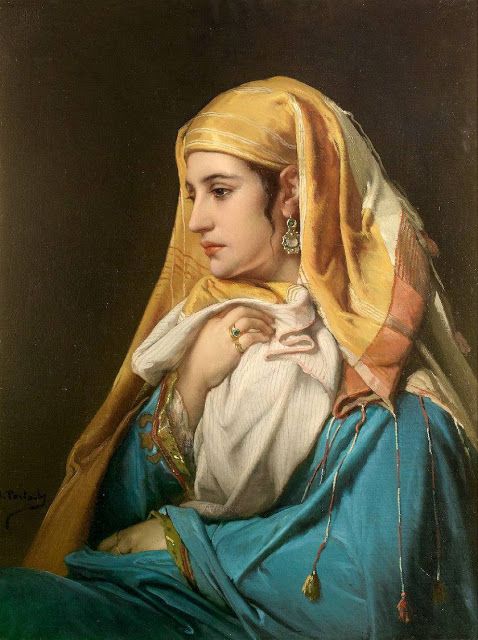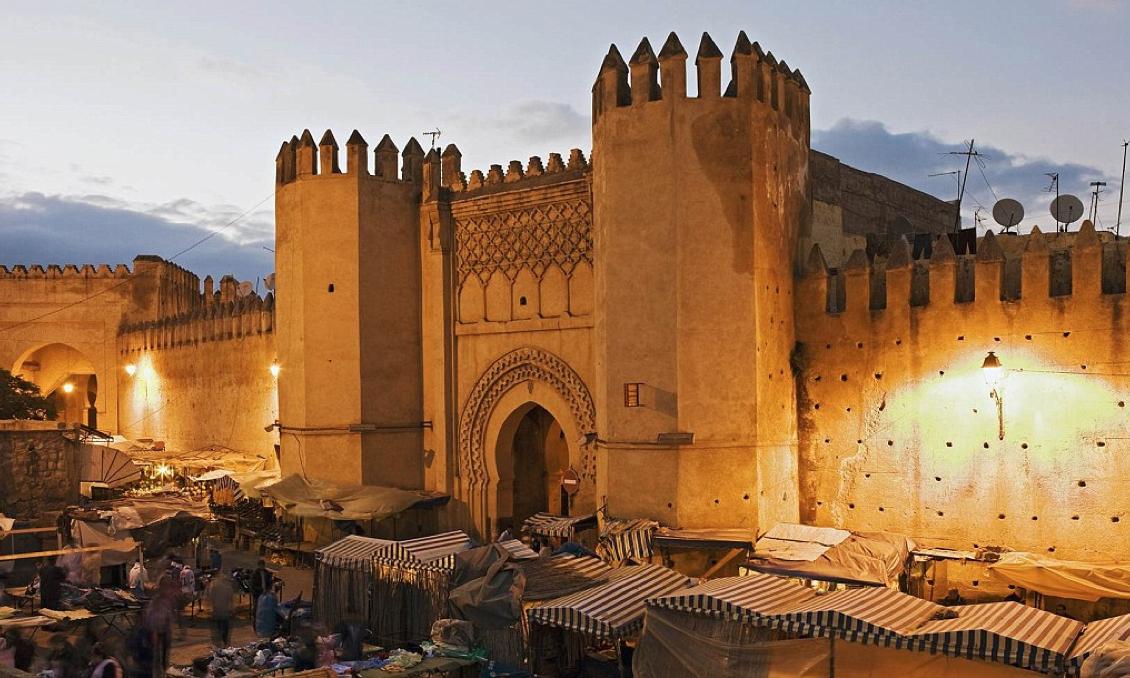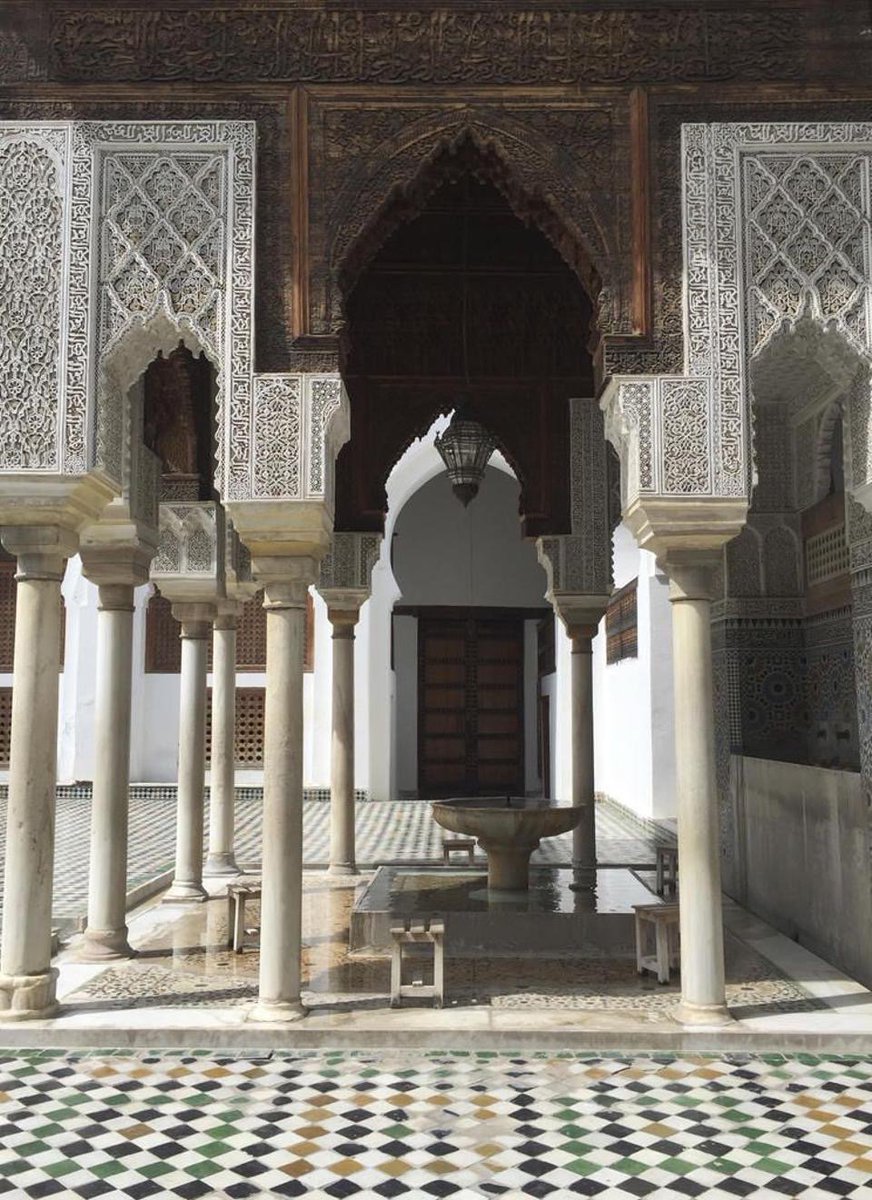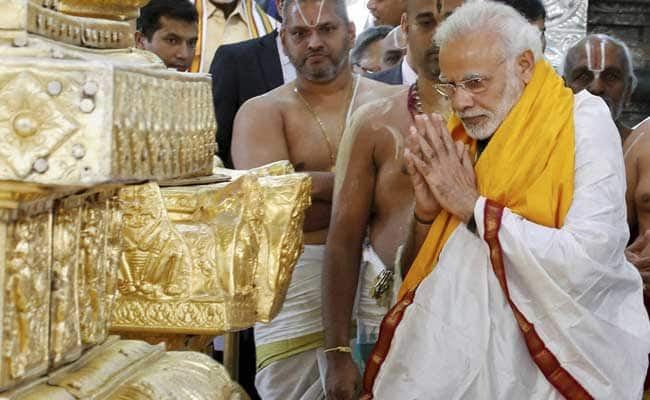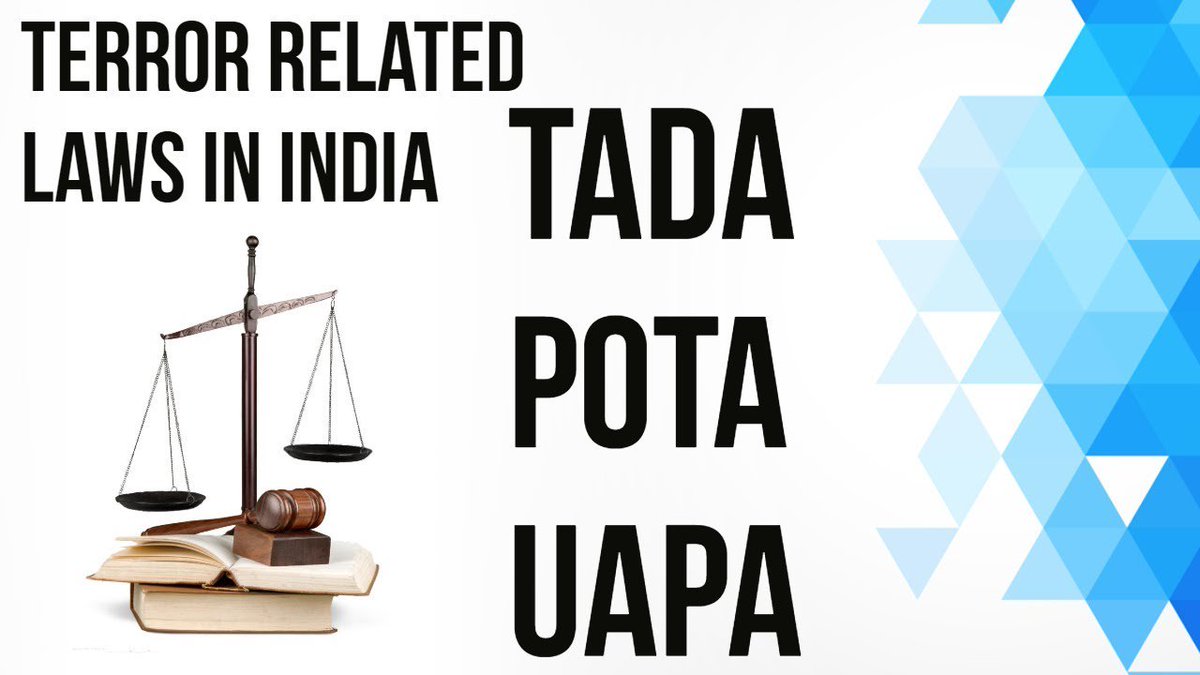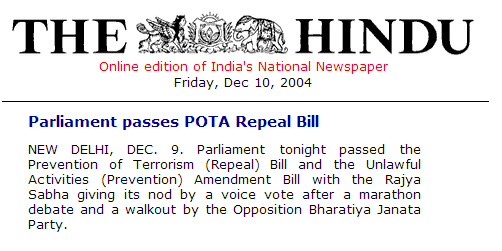1/21
One of the most difficult knots to untie in modern Muslim-Christian-Jewish relationships concerns militaristic understandings of the Qur’anic notion of jihad.
Qur’anic passages that incite to religious violence are frequently brought into analysis of Islamic terrorism and discussion about global security, often giving rise to the fallacious idea that militant piety is a historical peculiarity of Islamic societies.
Qur’anic attitudes on warfare and Islamic doctrines of jihad should be historicized and re-situated in the historical context of Near Eastern late antique societies.
The world into which Islam came to existence witnessed a major conflict between the two superpowers of the time, the Byzantine Empire and the Sasanian Empire. The war was long and destructive and opened the door to the Arab conquests.
The war is also known to historians for the unprecedented connotations of sacred combat that it assumed among the two contenders. The Byzantine emperor Heraclius, in particular, promoted an intense propagandistic campaign ...
aimed at representing the conflict with the Sasanians not as a simple clash between empires, but rather as a confrontation between the true religion, Christianity, and the false Zoroastrian cult.
Scholars have argued that Heraclius’ conduct of the conflict against the Sasanians may be considered as an example of proto-Crusade.
Arab communities located at the periphery of the two empires were not cut off from the events of the conflict, but were actively involved in the schemings of both imperial foreign policies.
The Qur’an itself contains clear references to the war between Byzantines and Sasanians and few Qur’anic passages manifest awareness of concepts spread by Heraclius’ propagandists.
Qur’anic doctrines of militant piety have thus their roots in a society in which religion and warfare had been inextricably tied together in accordance with the needs of political power.
This is the case of a specific aspect of Qur’anic religious warfare, and namely, the belief that death in a sacred combat will be rewarded in the afterlife.
Contrary to common exclusivist misconceptions, the notion of military martyrdom is not peculiar to the Qur’an but is rather a characteristic feature of the society of conflict in which the Arabic scripture originated.
A historical approach to the issue indeed demonstrates the (Armenian) Christian origins of similar believes and their presence among Heraclius’ soldiers. The Emperor himself reportedly encouraged his troops to earn martyrdom in battle.
The idea of military martyrdom expressed in the Qur’an reflects, or at least parallels, the sacralization of warfare and the militarization of religion promoted by contemporaneous Byzantine propaganda.
The infamous Qur’anic promises of heavenly reward for engaging in violence and in military activities that so much attention have gained in the past two decades, and after September 11 in particular, did not originate in a cultural vacuum.
They rather relate to specific cultural dynamics current in the late antique Near East at the time of what has been defined as “the last great war of antiquity.”
Deplorable spread of Islamophobia in contemporaneous Western society has generated a scholarly tendency to minimize the value of militant piety in the Qur’an and to promote, by contrast, pacifistic readings of sensitive passages in the Arabic sacred text.
However noble its aims may be, this tendency does not conform to criteria of rigorous historical analysis, but rather appears as an exercise of eisegesis, that is, the effort to impose on a document a highly subjective interpretation.
Qur’anic attitudes towards warfare, including calls for military martyrdom, should not be whitewashed in order to anachronistically conform a text from Late Antiquity to modern values of non violence and tolerance.
They should rather be read as the expressions of a shared cultural tendency that arose from well-defined historical circumstances, at the intersection between imperial policies and religion.
Studying, understanding, and historicizing these cultural dynamics may surely provide more solid bases for integration and dialogue than imagining a golden age of tolerance into which projecting interconfessional paradises that never existed.

